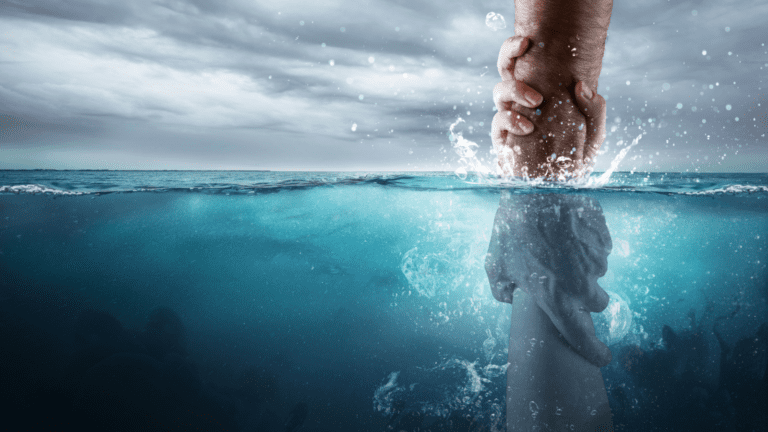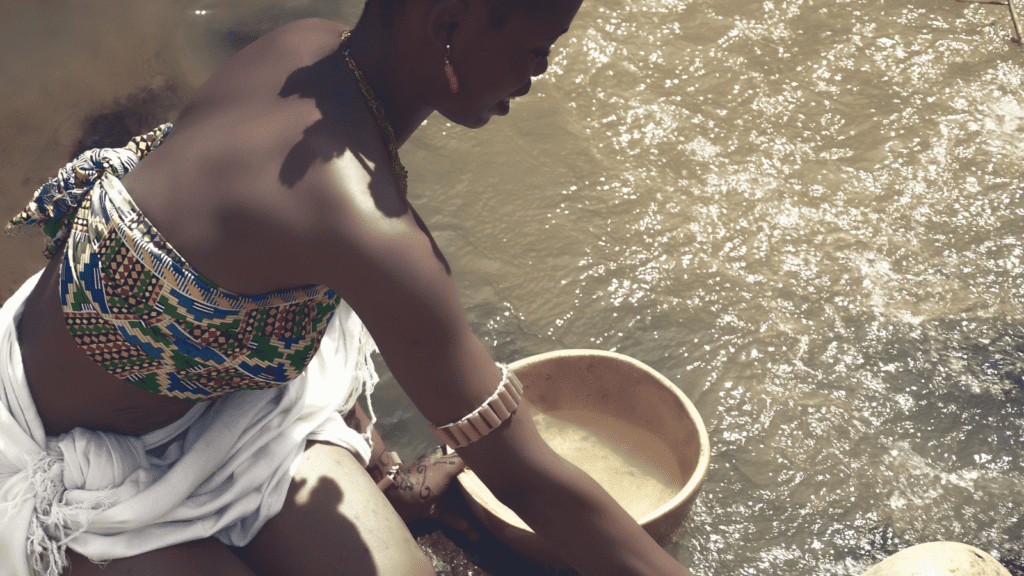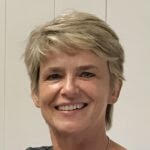United by Water

The Olympics and Paralympics are inspiring events where athletes from diverse nations come together in friendly competition, fostering a spirit of unity and shared humanity.
Next week, nations are again uniting for an important cause—World Water Week—the opportunity to explore and understand the critical role of water in fostering peace and sustainability across the globe.
The theme for World Water Week 2024 is “Bridging Borders: Water for a Peaceful and Sustainable Future”, highlighting the interconnectedness of water resources and the urgent need for cooperation.
Recently, across many parts of Australia, we have been experiencing seemingly unending days of rain. At these times, it can be easy to forget that water is a precious, vital, and often scarce commodity.
“Water is the driving force of all nature.”
Leonardo da Vinci
While water is a shared resource, it often divides rather than unites nations. Yet, it can be a powerful catalyst for collaboration. Shared rivers, lakes, and aquifers demand joint management to ensure equitable access and sustainable use. By working together, countries can prevent conflicts, protect ecosystems, and build resilience to climate change.
This year’s World Water Week is an opportunity to highlight successful water cooperation initiatives. From the Mekong River Commission to the Great Lakes Water Quality Agreement, there are inspiring examples of how countries can overcome differences and find common ground.
However, challenges persist; water scarcity, pollution, and climate change continue to heighten tensions and create new conflicts. So, it is crucial to invest in diplomacy, capacity building, and early warning systems to prevent water-related crises.

It’s important to remember that water is a shared resource that connects communities and ecosystems across geopolitical borders. However, it’s often local communities, particularly women and Indigenous peoples, who bear the brunt of water scarcity and pollution. The invaluable knowledge and perspectives from Indigenous groups are crucial for developing sustainable solutions.
As we strive for a peaceful and sustainable future, water must be at the heart of our efforts. By bridging borders and building partnerships, we can harness the power of water to create a better world for all.
Join the Glimmer community and share your thoughts on how we can foster greater cooperation on water management at local, national, and international levels.
Sources:
Indigenous peoples face growing challenges to access safe water. https://www.ohchr.org/en/stories/2022/10/indigenous-peoples-face-growing-challenges-access-safe-water







